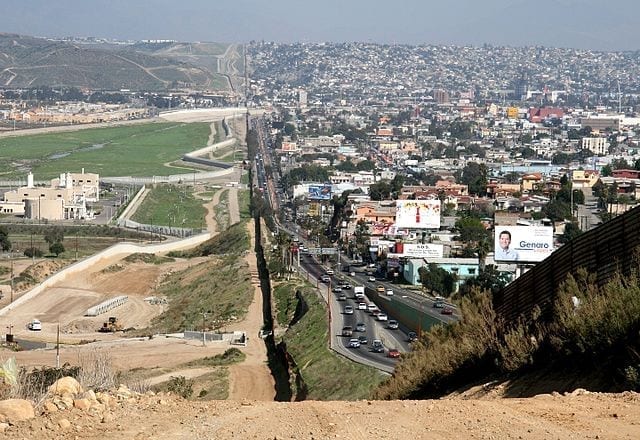Lawyers are helping these families reunite and get their lives back on track, and establish if they had passed legal requirements before being deported.
Officials of the Biden Administration have been tasked with reuniting families who were separated at the border over three years ago. Record keeping from the Trump administration, or lack of it, has increased problems locating Central American parents who were separated from children, including infants. The location problems are exacerbated by the fear of those deported to assert their rights and total ignorance as to where their children were taken. More than 4,000 children are known to have been separated from their parents before and during the official start of zero tolerance in spring 2018. The 2018 American Community Survey estimates the number of foreign-born individuals in Virginia at 1,065,000, representing an 86.8% increase since 2000. Slightly more than one third of foreign-born Virginians come from Latin America, 41.8% from Asia, and 10.7% from Africa. Their primary regions of origin are Central America, South Central Asia, Southeast Asia, East Africa, and South America. The United States laws have specific requirements that need to be met for residency, and each situation of a deportee is unique, but may be reviewed by experienced Virginia immigration lawyers to help these families reunite and get their lives back on track, and establish if they had passed legal requirements before being deported.
Undocumented immigrants in Virginia
The majority of undocumented Virginians (75%) have lived in the Commonwealth for 5-14 years. More than half are between the ages of 25-44 years. Twenty-five percent have a high school degree, or GED and 25% have bachelors, graduate, or professional degrees. Deferred Action for Childhood Arrivals (DACA) is a United States immigration policy that allows some individuals with unlawful presence in the United States after being brought to the country as children to receive a renewable two-year period of deferred action from deportation and become eligible for a work permit in the U.S. To be eligible for the program, recipients cannot have felonies or serious misdemeanors on their records. Unlike the proposed DREAM Act, DACA does not provide a path to citizenship for recipients. DACA recipients should speak to an immigration attorney to determine what steps they need to make toward legal residency.
Virginia law and DACA students

DACA students became eligible for Virginia in-state tuition rates after a 2014 memorandum by Virginia Attorney General Mark Herring. As of Fall 2019, the University of Virginia grants university-based financial aid to in-state, undergraduate students with DACA. The Virginia General Assembly passed a bill in February 2020 granting in-state tuition to all Virginians regardless of immigration status, signed into law by Governor Northam in April 2020. The bill requires that undocumented students attend a Virginia high school, or receive a GED, and provide proof of filed taxes for at least two years in Virginia. While students without papers who don’t have DACA are eligible for matriculation at many Virginia universities, federal law prohibits the extension of state financial aid to students without papers unless allowed by the state, and there is no such provision in Virginia law as of June 2020. The undocumented community faces particular challenges. One in five individuals lives below the poverty line and 46% live at or below 200% of poverty. Fifty-two percent lack health insurance. Consultation with a Virginia immigration attorney could benefit immigrants toward access to much needed federal and state benefits.
Seek legal counsel
Non-US citizens are required to present valid immigration documents in person at a Customer Service Center to prove identity and lawful status in the United States. Original documentation must be submitted each time a service is requested pertaining to a driver’s license or identification card. In some cases, one immigration document is sufficient to prove lawful status. In others, additional immigration documents are required to prove lawful status. The law surrounding undocumented immigrants is complicated. Every case is unique and if you require detailed specific information regarding your situation, please contact an experienced immigration lawyer.
Sources:
https://www.dss.virginia.gov/files/division/cvs/ona/immigrant_services/reports_and_information/background_paper_a_profile_of_immigrant_virginians.pdf
https://openstates.org/va/bills/2020/HB1547/
https://immigrationimpact.com/2020/12/07/daca-reinstated-whats-next/#.X9PX2c1KjIV
http://uscode.house.gov/view.xhtml?req=granuleid:USC-prelim-title8-section1182&num=0&edition=prelim
https://www.uscis


Join the conversation!